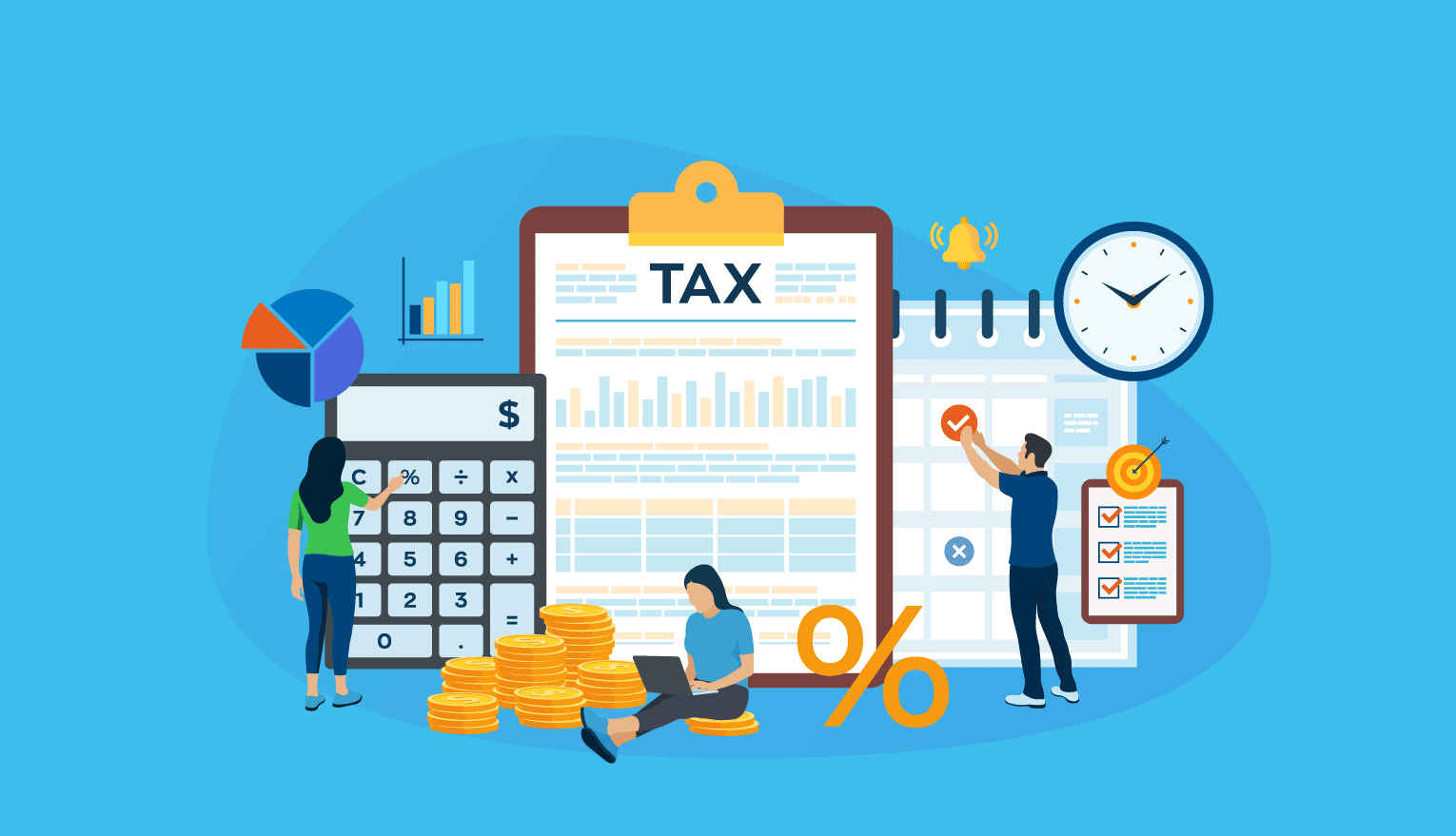
Colombia is an attractive destination for foreigners, whether for investment, work, or simply enjoying its quality of life. However, along with the allure of living or investing in the country, there are certain tax obligations that you should be aware of. One of these is the income tax declaration. In this post, we’ll explain who is required to file income tax in Colombia, the requirements, and how to comply with this obligation.
Who Is Required to File Income Tax in Colombia?
Foreigners who reside in Colombia or earn income from Colombian sources may be required to file an income tax return in the country. Specifically, you must file an income tax return in Colombia if
- Tax Residency: You are considered a tax resident in Colombia. According to Colombian law, you are a tax resident if you stay in the country for more than 183 days, consecutive or non-consecutive, within a 365-day period. This also applies to those who have a permanent home in Colombia or whose center of economic interests is in the country.
- Income in Colombia: You earn income from Colombian sources, such as salaries, rents, investments, or any economic activity in the country. Even if you are not a tax resident, you might still be required to declare this income.
- Assets in Colombia: You own assets in Colombia, such as real estate, shares, or investments, whose total value exceeds a threshold set by DIAN (the National Tax and Customs Directorate).
Requirements and Thresholds for Filing Income Tax
To determine if you are required to file an income tax return, you should review the thresholds set by DIAN, which change each year. Some key thresholds include:
- Gross Income: If your gross income in Colombia exceeds a specific amount in UVT (Tax Value Units) during the fiscal year.
- Gross Assets: If your gross assets, meaning the total value of your property in Colombia, exceed a certain threshold.
- Credit Card Spending: If your expenses or spending in Colombia through credit cards, purchases, and withdrawals exceed the set limit.
- Bank Deposits: If the bank deposits, deposits, or investments you make in Colombian bank accounts exceed the established threshold.
How to Comply with the Income Tax Filing Obligation
- Register with the RUT: If you are a foreigner and need to file an income tax return in Colombia, the first step is to register with the RUT (Unique Tax Registry) at DIAN. This registration is mandatory to file the return.
- Prepare the Tax Return: Gather all necessary information, including your income, assets, deductions, and any other relevant data. It is advisable to seek the assistance of an accountant or expert in Colombian tax matters to avoid errors.
- Filing and Payment: The income tax return is filed electronically through DIAN’s platform. If you owe taxes, you can pay them through the means authorized by the entity.
- Deadlines: Be sure to know and meet the deadlines for filing the income tax return. Deadlines may vary depending on your tax identification number (NIT) or foreign ID number.
Consequences of Not Filing Income Tax
Failing to meet the obligation to file an income tax return in Colombia can result in penalties, including fines, interest on late payments, and potential legal issues. Additionally, it could affect your immigration status if DIAN reports non-compliance to the immigration authorities.
Conclusion
If you are a foreigner in Colombia, it is crucial to be informed about your tax obligations. Filing income tax in Colombia is not only a legal duty but also protects you from potential penalties and future problems. Consulting with a tax advisor will help you better understand your situation and correctly comply with your tax obligations in the country.
Contact Us for more information or get an Appointment
